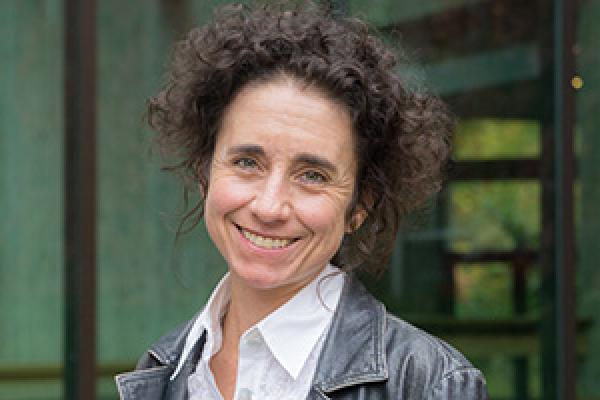
Event Host: Humanities Institute
Short Description: How is “Big Food” dealing with threats to its own sustainability? In recent years major food manufacturers and retailers have come to see climate change, water scarcity and other environmental problems as risks they can no longer afford to ignore. These risks are typically greatest at the farthest reaches of their supply chains, on farms and in forests and fisheries. To address them, companies together with non-governmental organizations have launched ambitious projects to assess and somehow improve supply chain sustainability. Out of these have come new metrics, calculative devices and company-sponsored field experiments, implemented from the U.S. Midwest to the vanilla farms of Madagascar. These projects show how supply chains more generally have become key sites for the production and application of technoscientific knowledge. At the same time, they reveal how even the world’s biggest food companies struggle with their own supply chains’ murky, varied, often refractory nature.
Susanne Freidberg is Professor of Geography at Dartmouth College. She has written two books, French Beans and Food Scares: Culture and Commerce in an Anxious Age (Oxford, 2004) and Fresh: A Perishable History (Harvard, 2009), as well as numerous articles. Her research has been supported by the National Science Foundation, the Mellon Foundation, the Fulbright Foundation, the American Council of Learned Societies and the Radcliffe Institute for Advanced Studies.
How is “Big Food” dealing with threats to its own sustainability? In recent years major food manufacturers and retailers have come to see climate change, water scarcity and other environmental problems as risks they can no longer afford to ignore. These risks are typically greatest at the farthest reaches of their supply chains, on farms and in forests and fisheries. To address them, companies together with non-governmental organizations have launched ambitious projects to assess and somehow improve supply chain sustainability. Out of these have come new metrics, calculative devices and company-sponsored field experiments, implemented from the U.S. Midwest to the vanilla farms of Madagascar. These projects show how supply chains more generally have become key sites for the production and application of technoscientific knowledge. At the same time, they reveal how even the world’s biggest food companies struggle with their own supply chains’ murky, varied, often refractory nature.
